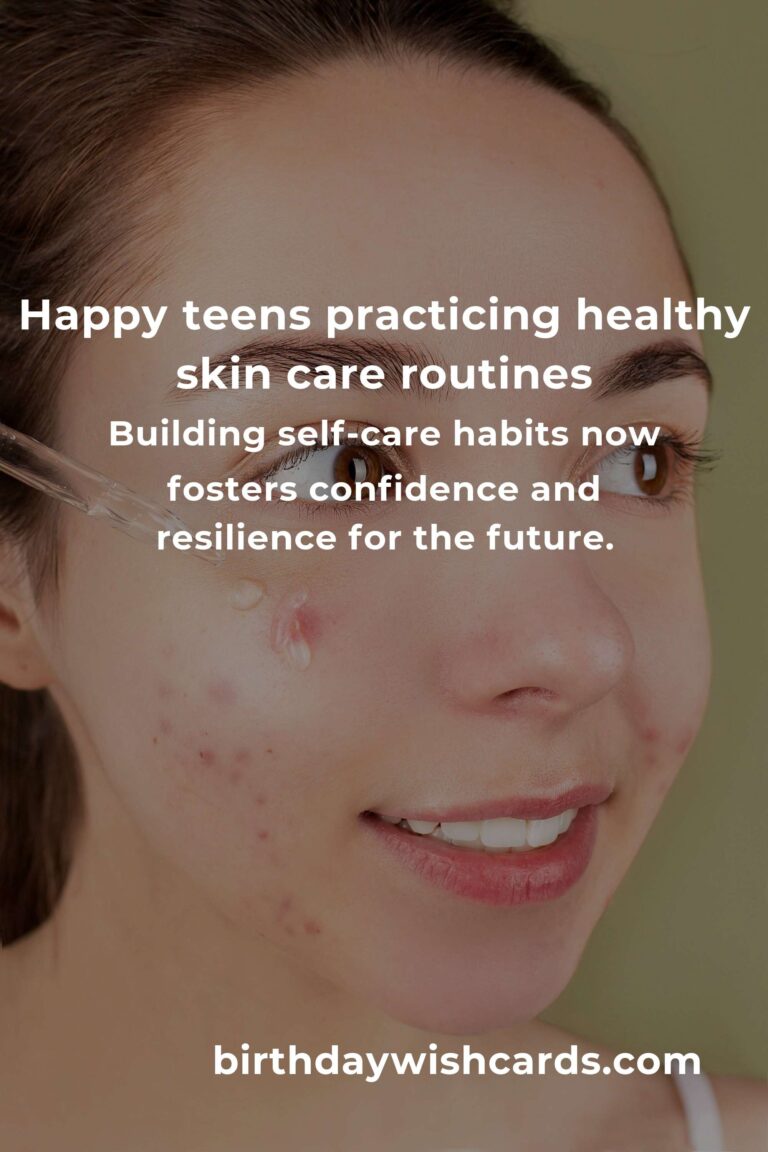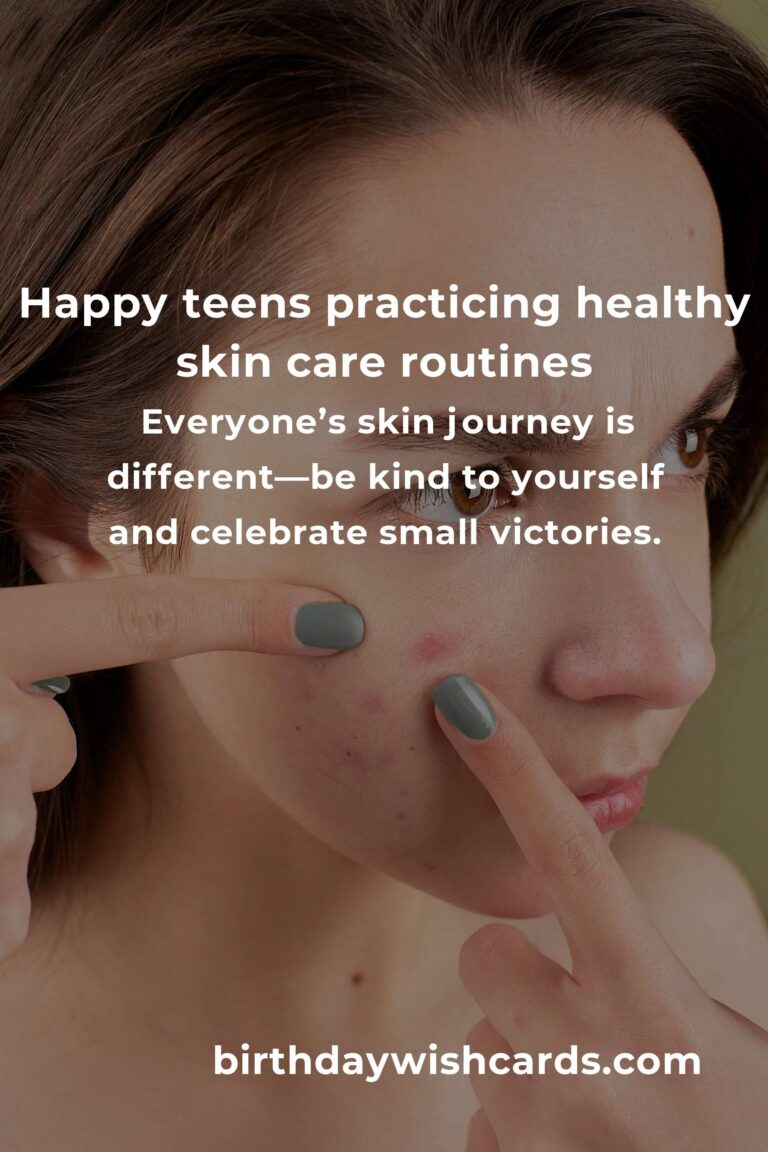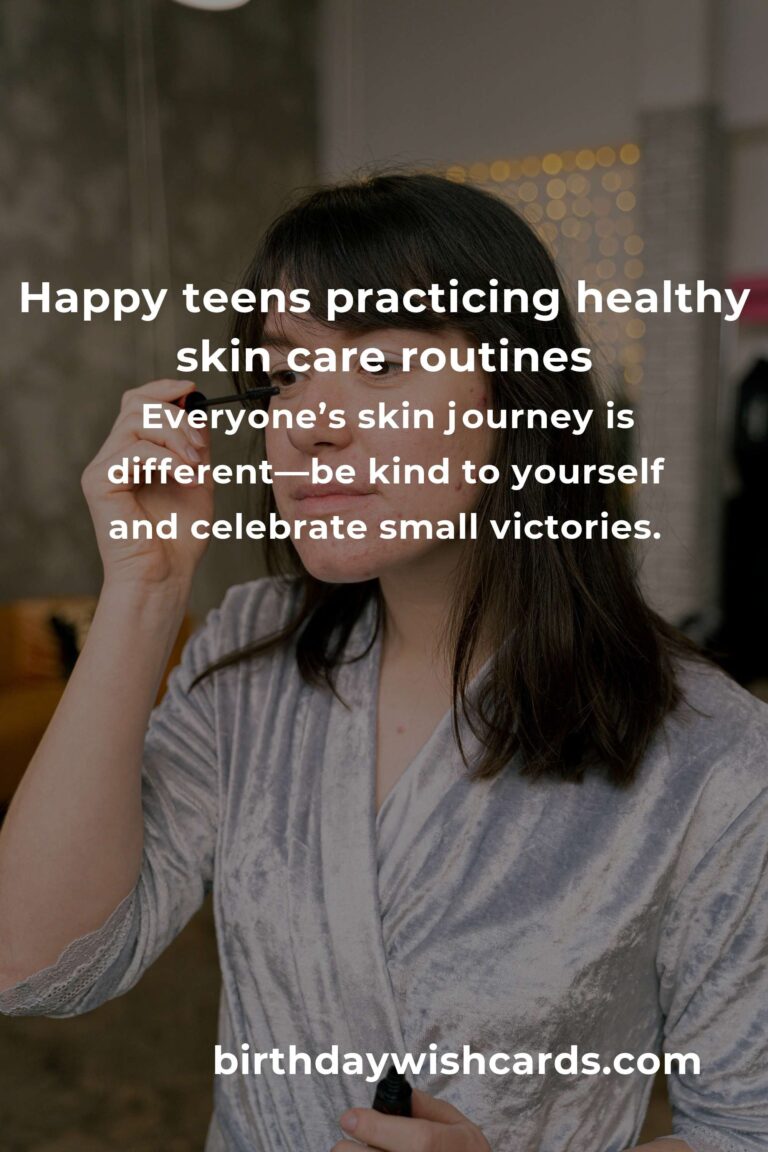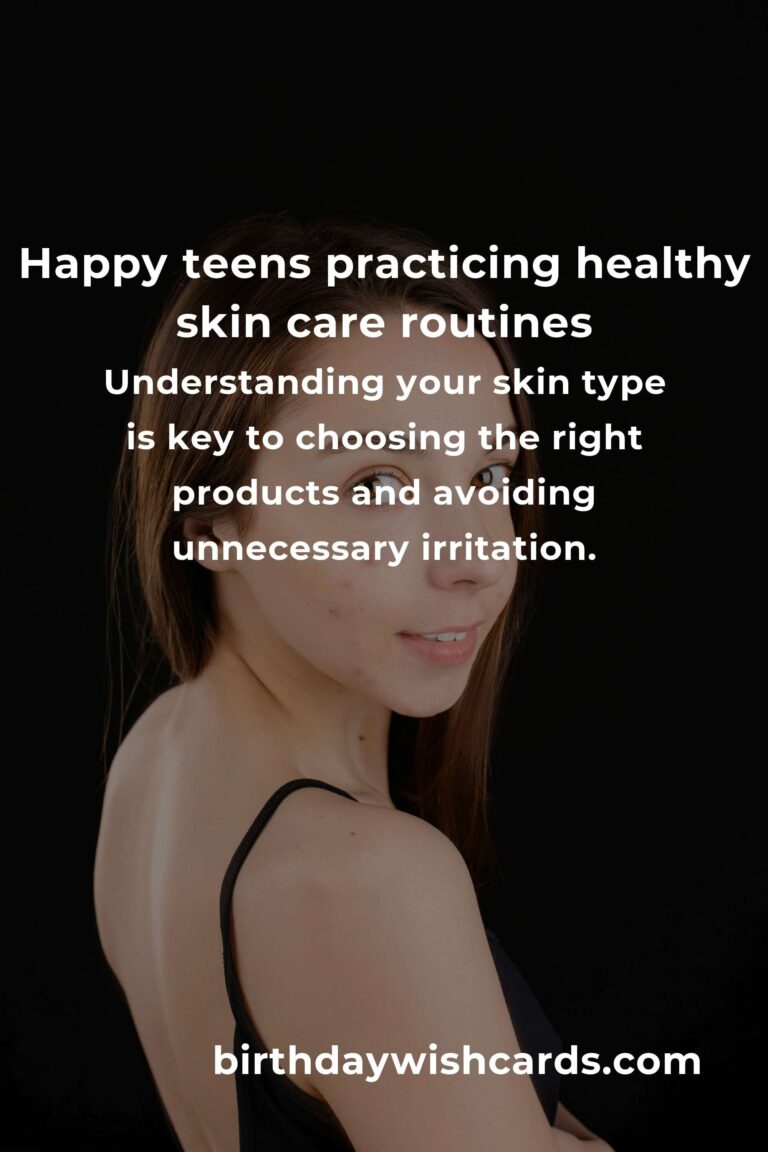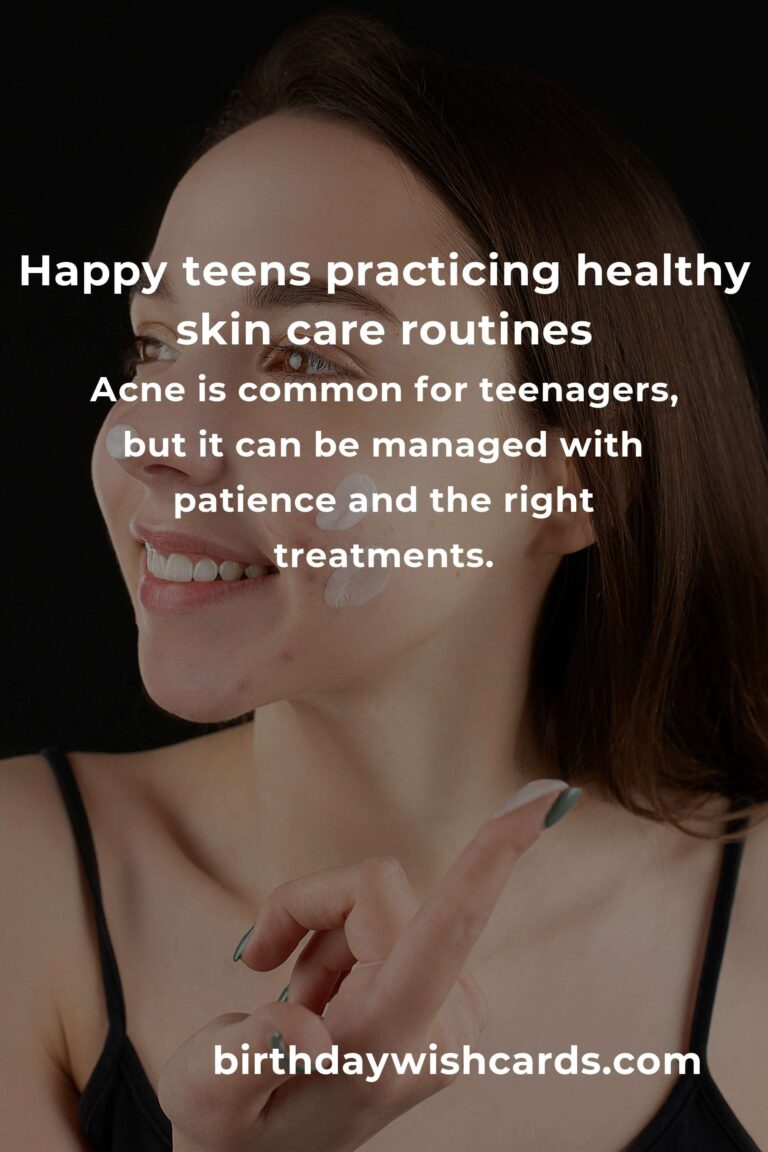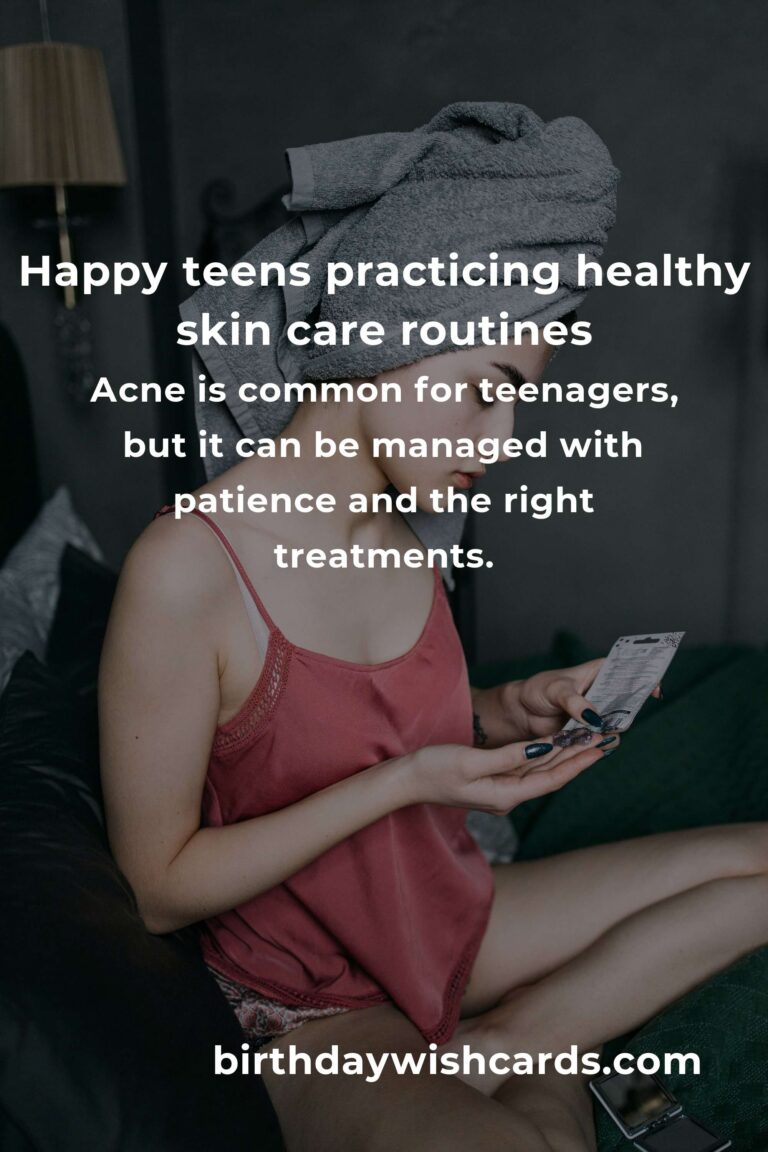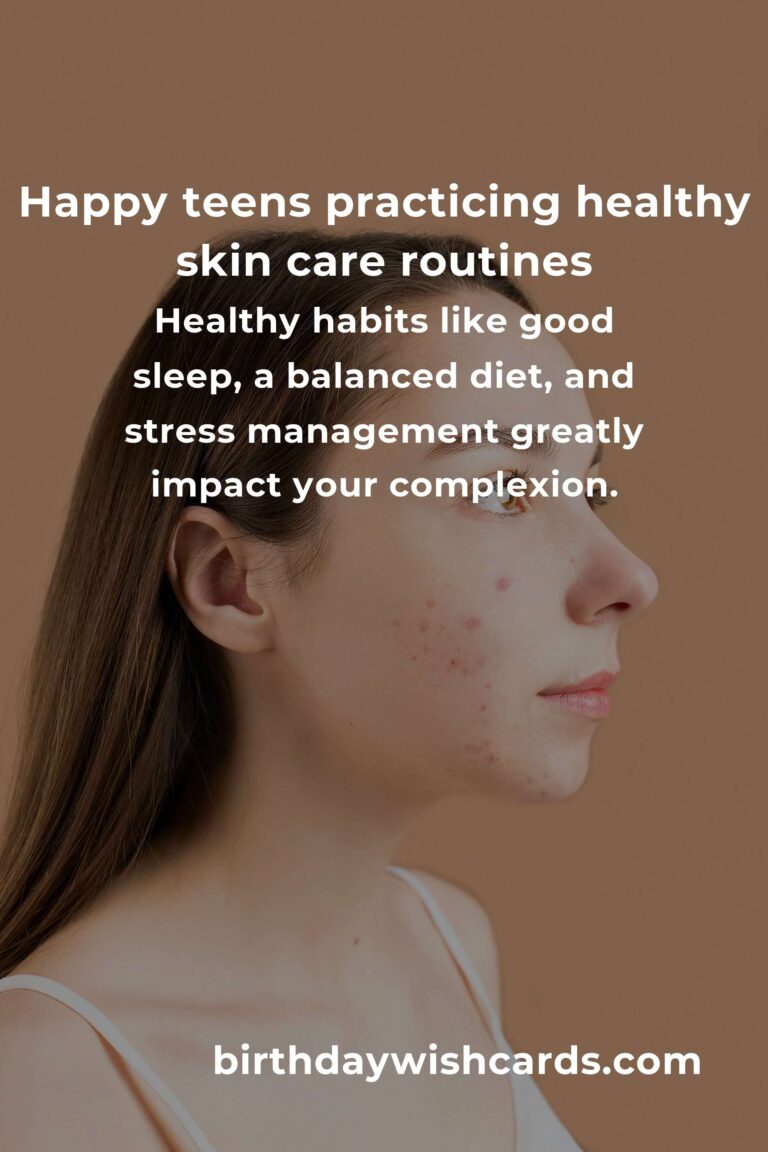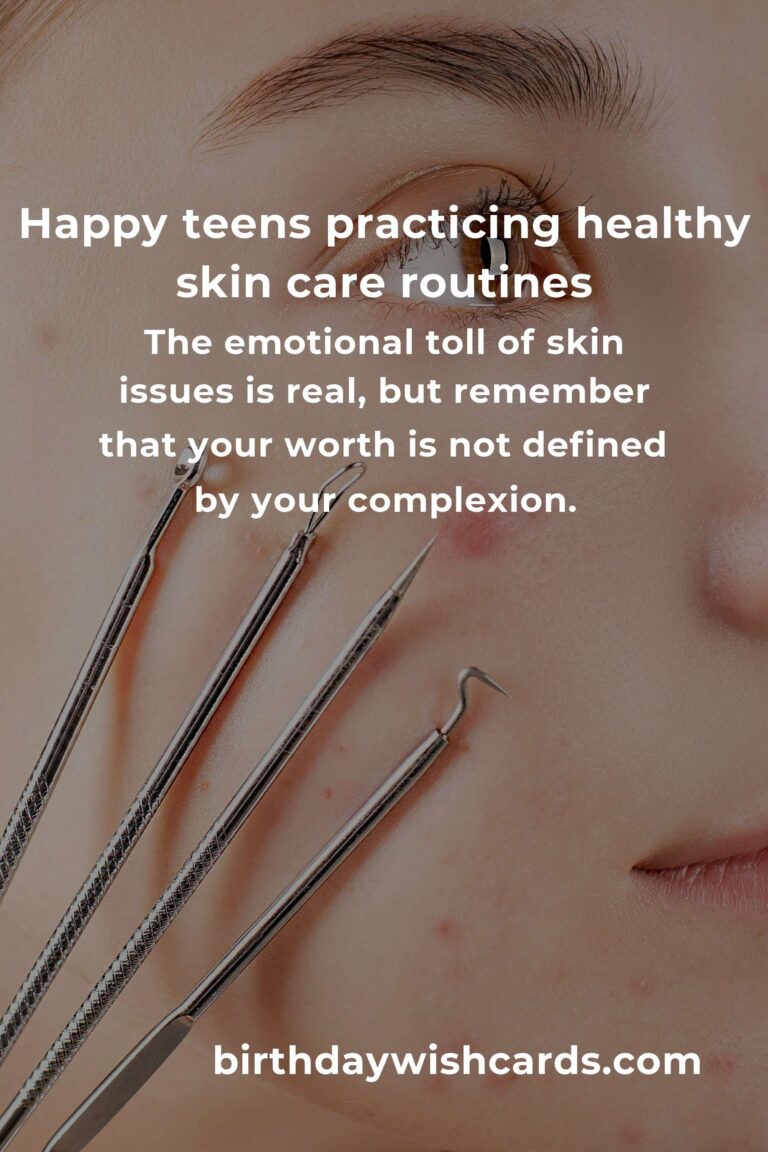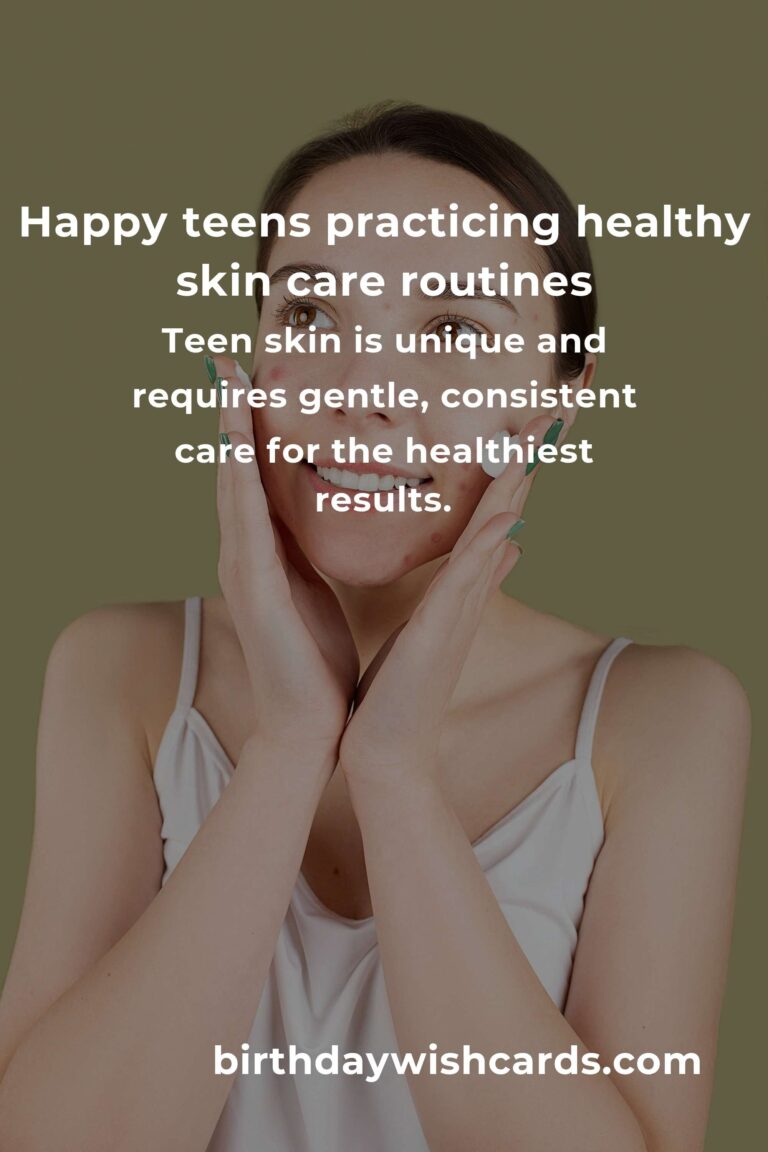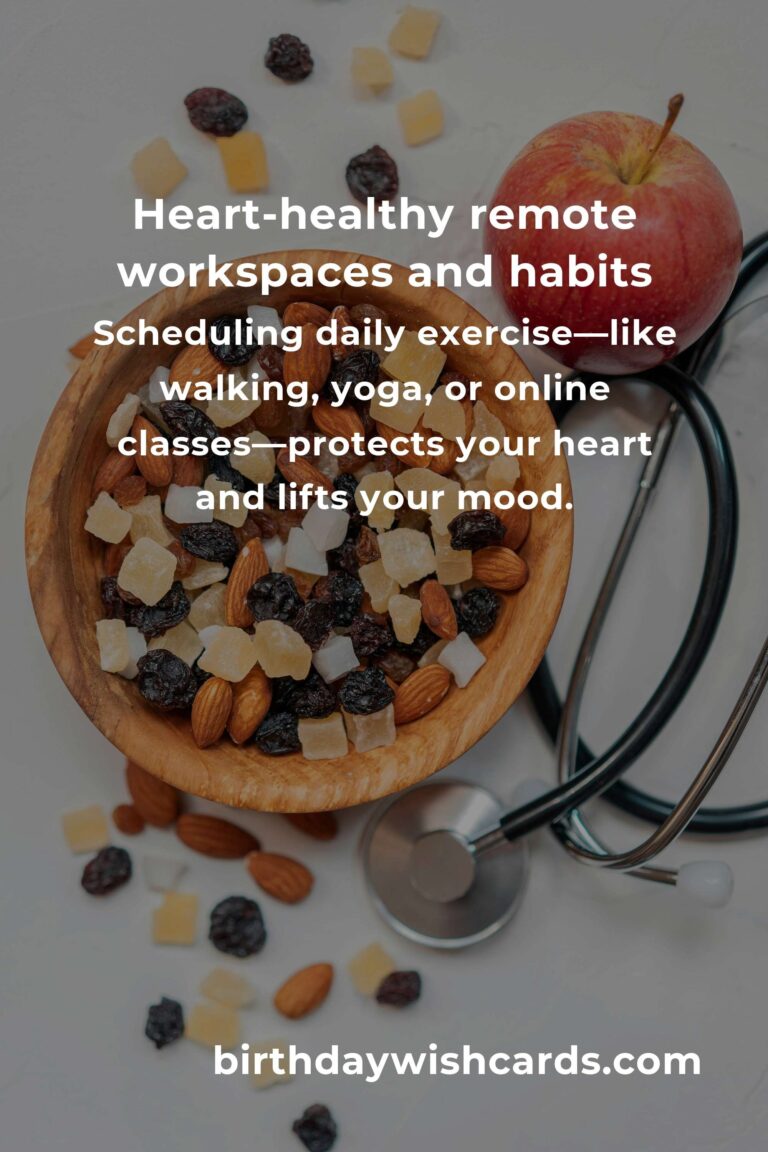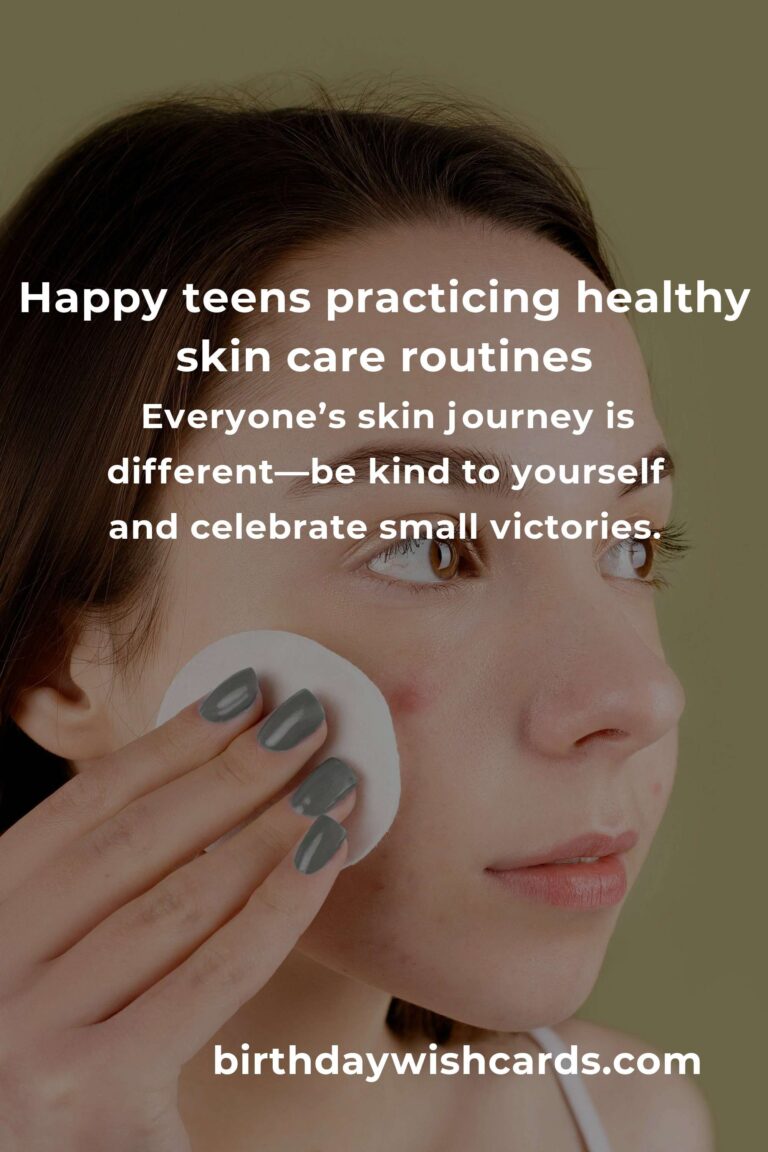
Teenage years are a whirlwind of change, and your skin is no exception. Hormones surge, new stresses arise, and suddenly, your complexion doesn’t look or feel like it used to. For many teens, this is the time when breakouts, oiliness, and sensitivity become daily concerns. But here’s the good news: with the right information and habits, every teen can achieve healthy, glowing skin. This comprehensive guide will walk you through everything you need to know about improving your skin care routine as a teenager, with practical tips, emotional support, and science-backed advice.
Understanding Teen Skin: Why It’s Different
Teen skin is unique. As puberty begins, your body increases hormone production, particularly androgens, which stimulate the oil glands. This is why many teens experience oily skin and acne for the first time. But not every teen’s skin behaves the same way—some deal with dryness, sensitivity, or even combination skin. Knowing your skin type is the first step in building a routine that works for you.
- Oily skin: Shiny, prone to blackheads and pimples.
- Dry skin: Tight, flaky, sometimes itchy.
- Combination skin: Oily in some areas (like the T-zone) and dry in others.
- Sensitive skin: Easily irritated, may become red or itchy.
By learning about your skin type, you can select products and habits that nurture your unique complexion instead of fighting against it.
The Basics: Building a Simple Skin Care Routine
When it comes to skin care, less is often more—especially for teens. Overloading your skin with products can cause irritation and worsen breakouts. Here’s a basic routine to get you started:
1. Gentle Cleansing
Cleansing is the foundation of good skin care. Wash your face twice a day—morning and night—with a gentle cleanser suited to your skin type. Avoid harsh soaps or scrubs, which can strip your skin of its natural oils and trigger more oil production.
2. Moisturizing
Even oily skin needs moisture! Choose a lightweight, oil-free moisturizer if you’re prone to breakouts. Dry or sensitive skin types should look for products labeled “hydrating” or “for sensitive skin.” Moisturizing helps balance your skin and keeps it looking healthy.
3. Sun Protection
Never skip sunscreen. UV rays can cause premature aging, dark spots, and increase the risk of skin cancer. Look for a broad-spectrum SPF of at least 30, and apply it every morning—even on cloudy days or if you’re mostly indoors.
Dealing with Acne: Facts, Myths, and Solutions
Acne is the most common skin concern for teens. It’s caused by a combination of excess oil, clogged pores, bacteria, and inflammation. Here’s how to manage it:
- Don’t pop pimples. It might feel satisfying, but popping can cause scars and spread bacteria.
- Use over-the-counter treatments. Ingredients like benzoyl peroxide and salicylic acid can help clear breakouts. Start slowly to avoid irritation.
- Be patient. It can take weeks to see improvement, so don’t get discouraged.
- See a dermatologist if needed. If acne is severe or painful, a skin doctor can offer stronger treatments.
Healthy Habits for Better Skin
Skin care isn’t just about what you put on your face—it’s about your whole lifestyle. Here are some key habits that can make a real difference:
1. Eat a Balanced Diet
Nutrients in foods like fruits, vegetables, nuts, and fish help your skin repair and renew. Limit sugary and greasy foods, which may contribute to breakouts for some people.
2. Stay Hydrated
Drink plenty of water to keep your skin plump and healthy. Dehydration can make your skin look dull and feel tight.
3. Get Enough Sleep
Your body (and skin) recover while you sleep. Aim for 8–10 hours per night to help reduce stress and inflammation.
4. Manage Stress
Stress can trigger breakouts and worsen existing skin problems. Try healthy coping strategies like exercise, journaling, or talking with a friend.
5. Keep Your Hands Off Your Face
Your hands carry bacteria and oils that can clog pores. Resist the urge to touch your face or rest your chin in your hands during class.
Common Skin Care Mistakes Teens Make (And How to Fix Them)
It’s easy to fall for skin care myths or copy what friends do. Here are some common mistakes and how you can avoid them:
- Using too many products. Stick to the basics. More isn’t always better.
- Over-scrubbing. Harsh exfoliation can damage your skin barrier. Use gentle scrubs no more than 1–2 times a week.
- Sleeping with makeup on. Always remove makeup before bed to prevent clogged pores and breakouts.
- Skipping moisturizer. Even oily skin needs hydration.
- Ignoring the neck and chest. These areas are extensions of your face and deserve care too!
Products to Try: Teen-Friendly Skin Care Picks
With so many products on the market, it’s hard to know what to choose. Here are some tried-and-true recommendations:
- Cleansers: Cetaphil Gentle Skin Cleanser, CeraVe Foaming Facial Cleanser, Neutrogena Oil-Free Acne Wash
- Moisturizers: Neutrogena Hydro Boost Gel-Cream, CeraVe Daily Moisturizing Lotion, Vanicream Moisturizing Cream
- Sunscreens: EltaMD UV Clear, Neutrogena Clear Face Liquid Lotion Sunscreen, La Roche-Posay Anthelios Melt-in Milk Sunscreen
- Treatments: Clean & Clear Persa-Gel 10 (benzoyl peroxide), The Ordinary Salicylic Acid 2% Solution, Differin Gel (adapalene)
Remember, always patch test new products first and introduce them one at a time to avoid irritation.
Emotional Impact: How Skin Affects Self-Esteem
Let’s face it—teen skin issues can take a toll on your self-confidence. It’s normal to feel frustrated or embarrassed about breakouts or changes in your complexion. You’re not alone—millions of teens go through the same thing. Remember, your worth isn’t defined by your skin. Taking care of yourself, inside and out, is what truly matters. If you’re feeling overwhelmed, talk to someone you trust. Support from friends, family, or a counselor can make a big difference.
When to See a Dermatologist
Sometimes, despite your best efforts, skin issues persist. Here’s when it’s a good idea to see a dermatologist:
- Severe, painful, or cystic acne
- Acne that leaves scars or dark marks
- Unexplained rashes or irritation
- Sudden or severe changes in your skin
A dermatologist can recommend stronger treatments or identify underlying conditions that need special care.
The Bottom Line: Confidence Starts with Caring
Improving your skin care as a teen isn’t just about products—it’s about building habits that support your overall well-being. With patience, consistency, and self-love, you can create a routine that helps your skin look and feel its best. Celebrate your progress, forgive yourself for slip-ups, and remember: everyone’s skin journey is unique. You’ve got this!
Frequently Asked Questions About Teen Skin Care
1. How often should I wash my face?
Twice a day—morning and night—is usually enough. If you sweat heavily after sports, it’s okay to cleanse again, but don’t overdo it.
2. Can makeup cause acne?
Some makeup products can clog pores. Look for non-comedogenic or oil-free formulas, and always remove makeup before bed.
3. Do I need to use toner?
Toners are optional. If you use one, choose an alcohol-free formula to avoid drying out your skin.
4. How long will it take to see results?
It can take 4–8 weeks to notice improvements, especially for acne treatments. Be patient and consistent!
5. Is it normal for my skin to get worse before it gets better?
Some treatments, especially acne medications, can cause initial purging. This usually gets better with time. If irritation is severe, stop use and consult a doctor.
Final Thoughts: Your Skin, Your Journey
Your teenage years are about discovery, growth, and learning to care for yourself. Skin care is just one part of that journey. With the right knowledge and a little patience, you can nurture your skin and your confidence. Every step you take—no matter how small—makes a difference. Keep showing up for yourself. Your future self will thank you!
Teen skin is unique and requires gentle, consistent care for the healthiest results.
Starting with a simple routine—cleansing, moisturizing, and sun protection—is the best foundation.
Understanding your skin type is key to choosing the right products and avoiding unnecessary irritation.
Acne is common for teenagers, but it can be managed with patience and the right treatments.
Healthy habits like good sleep, a balanced diet, and stress management greatly impact your complexion.
Avoid common mistakes like over-scrubbing, skipping moisturizer, or using too many products at once.
The emotional toll of skin issues is real, but remember that your worth is not defined by your complexion.
Seek professional help if acne is severe, painful, or leaves lasting marks.
Building self-care habits now fosters confidence and resilience for the future.
Everyone’s skin journey is different—be kind to yourself and celebrate small victories.
#TeenSkinCare #ClearSkinJourney #ConfidenceStartsHere #HealthyHabits #GlowingSkin #AcneAwareness #SelfCareForTeens #LoveYourSkin #TeenWellness #SkinPositivity


